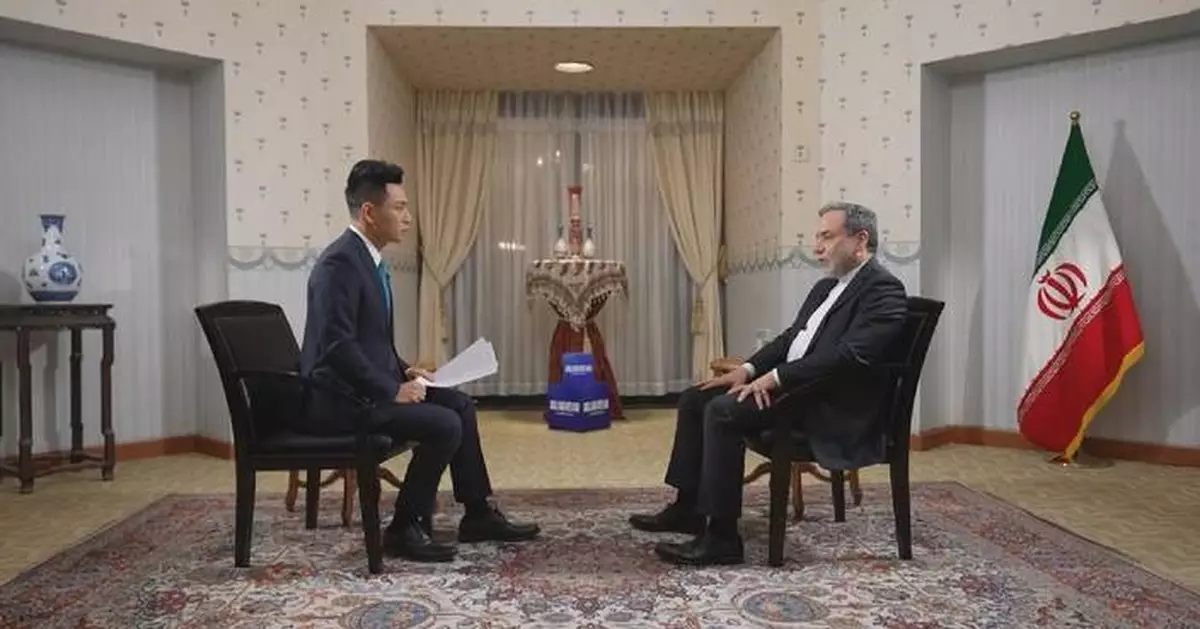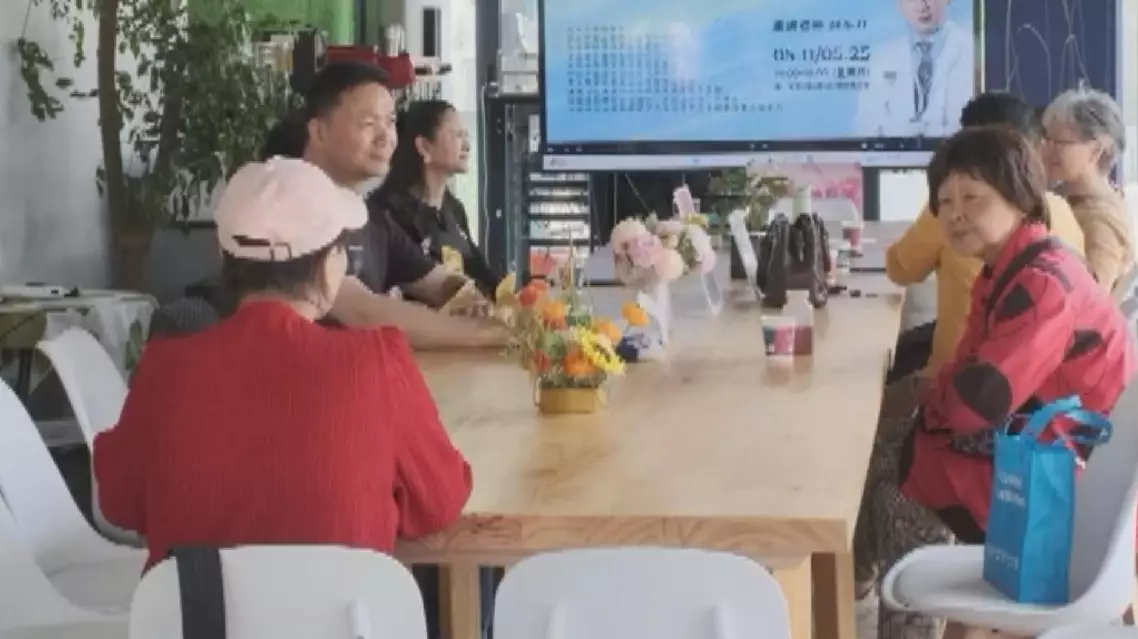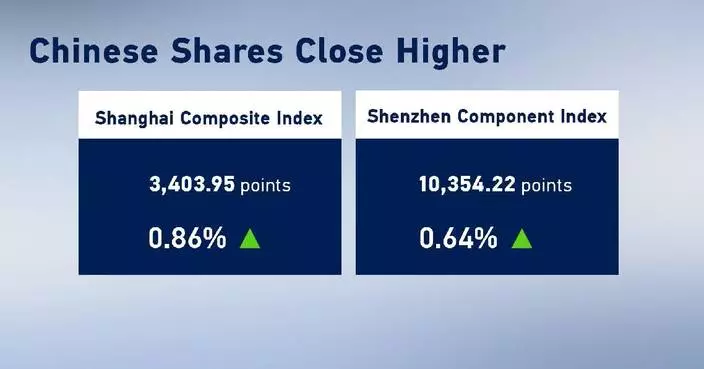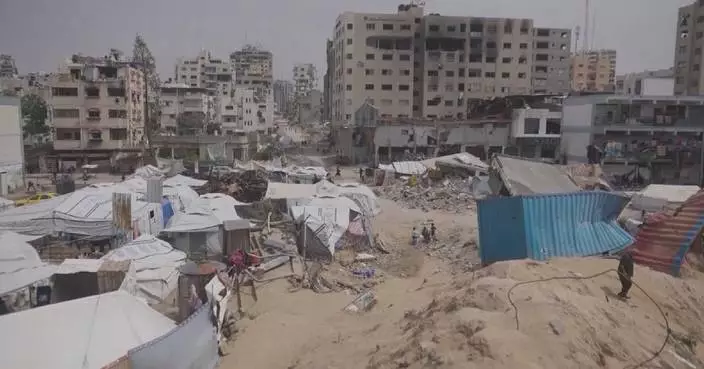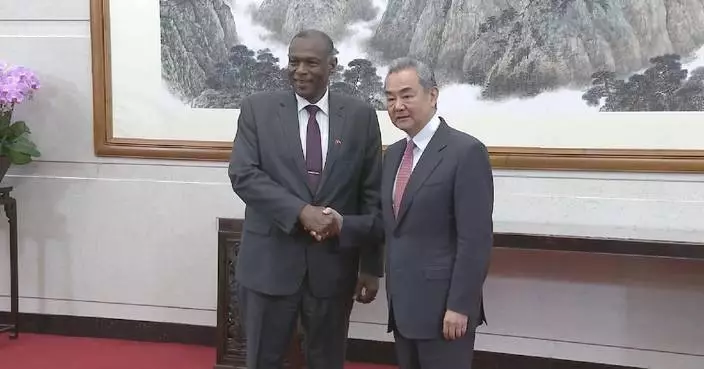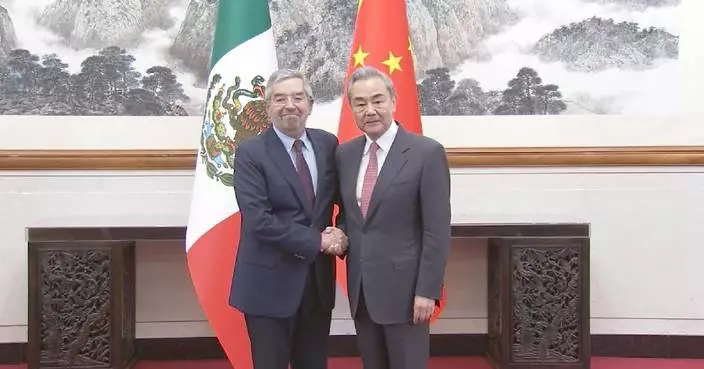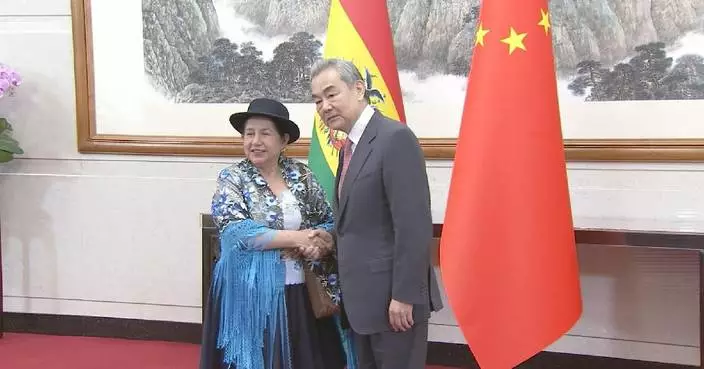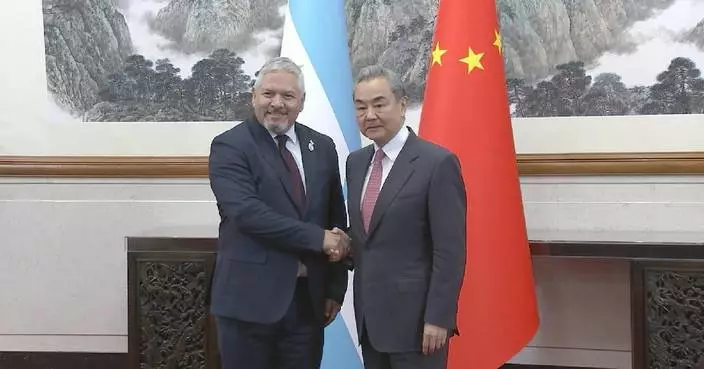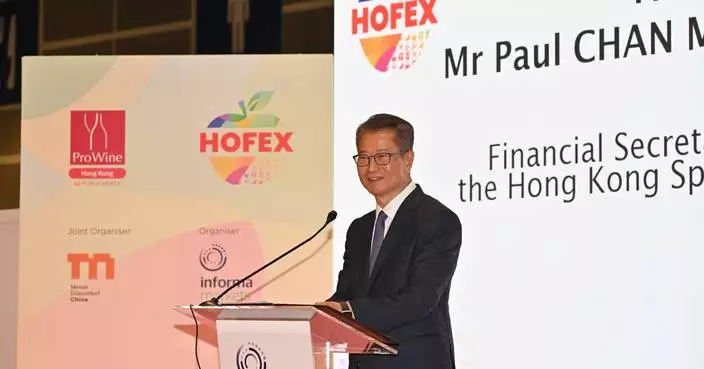Iranian Foreign Minister Seyyed Abbas Araghchi has expressed Tehran's readiness for renewed talks with world powers aimed at breaking the long-standing deadlock over its nuclear program.
In an exclusive interview with the China Media Group (CMG) on Dec 28, the Iranian foreign ministry said that opportunities still exist for reviving the 2015 nuclear deal between Tehran and world powers, and highlighted that China and Russia are constructive forces in the negotiations.
"It's of great significance that Iran is ready to resume talks on the Iranian nuclear issue. In that year, we held talks with the six countries with good intentions, and eventually reached an agreement. This major diplomatic achievement was recognized and praised by the entire world. We also fulfilled the agreement in good faith. However, it is very regrettable that the United States unreasonably decided to withdraw from the deal, and the situation has developed to the current stage," said Araghchi.
"Now, Iran is still ready to engage in a constructive negotiation without delay on the Iranian nuclear issue, and we hope to restart the talks with the aim of reaching an agreement. We are willing to follow the original comprehensive agreement model on the Iranian nuclear issue, making efforts on the Iranian nuclear program and sanctions relief and negotiate on this basis. We have already held a round of talks with European countries, and the relevant matters for the second round of talks have been determined and they will be held within two weeks. This is the negotiation with European countries. Regarding the negotiation with the United States, we still need to wait for the new U.S. administration to outline its polices before making a decision. China and Russia are constructive forces in the negotiation. Iran believes that China and Russia should continue to play a constructive role, and this is our expectation," he said.
In the interview, he also emphasized that current international conditions pose greater challenges than in the past.
"Almost a decade has passed since 2015, and the world has undergone significant changes. The U.S. withdrawal from the Joint Comprehensive Plan of Action (JCPOA) on the Iranian nuclear deal was a strategic blunder on the part of the United States and this was met with a response from Iran. Of course, the United States also expanded sanctions, and the Middle East or West Asia region fell into crisis. However, the diplomatic channel will never be closed. As a diplomat and negotiator, I believe that a diplomatic solution can be found even in the most difficult circumstances. This depends on political will, the innovative ability of diplomats, and whether they can find new approaches and new models to facilitate the conclusion of agreements. If all parties have political will, I believe that despite facing challenges, there will still be accomplishments," said Araghchi.
Iran signed the JCPOA in July 2015, which imposed restrictions on its nuclear program in exchange for sanction relief.
The United States exited the deal in May 2018, reinstating sanctions, which led Iran to scale back its nuclear commitments. Negotiations to revive the JCPOA commenced in April 2021 in Vienna, but no significant progress has been made since the last round concluded in August 2022.
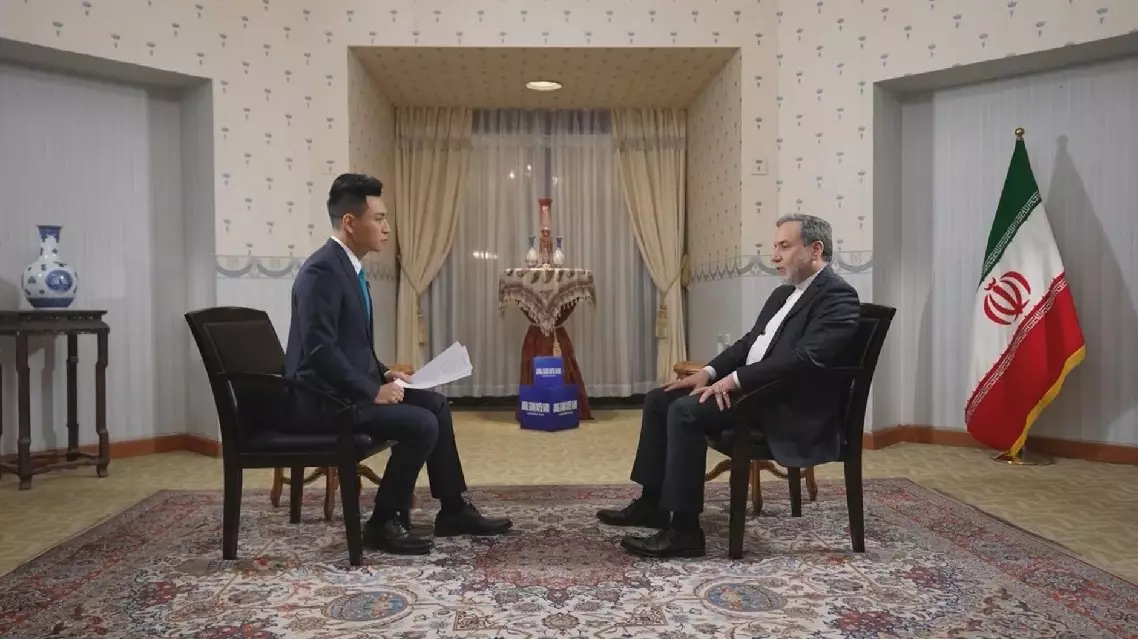
Iran ready to renew nuclear talks without delay: Iranian FM
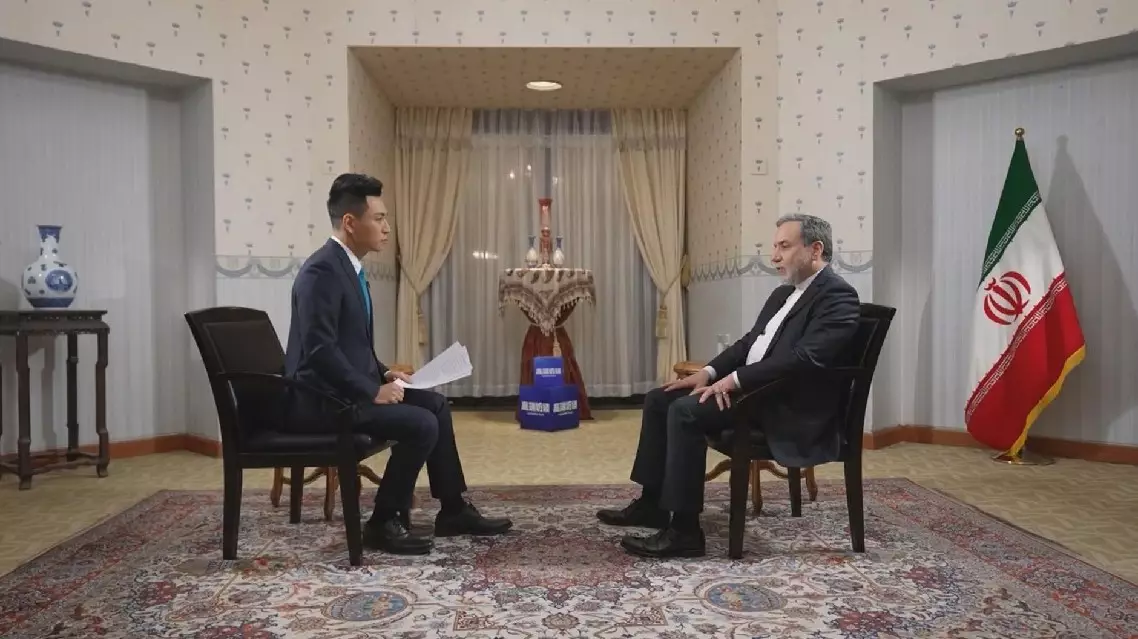
Iran ready to renew nuclear talks without delay: Iranian FM


